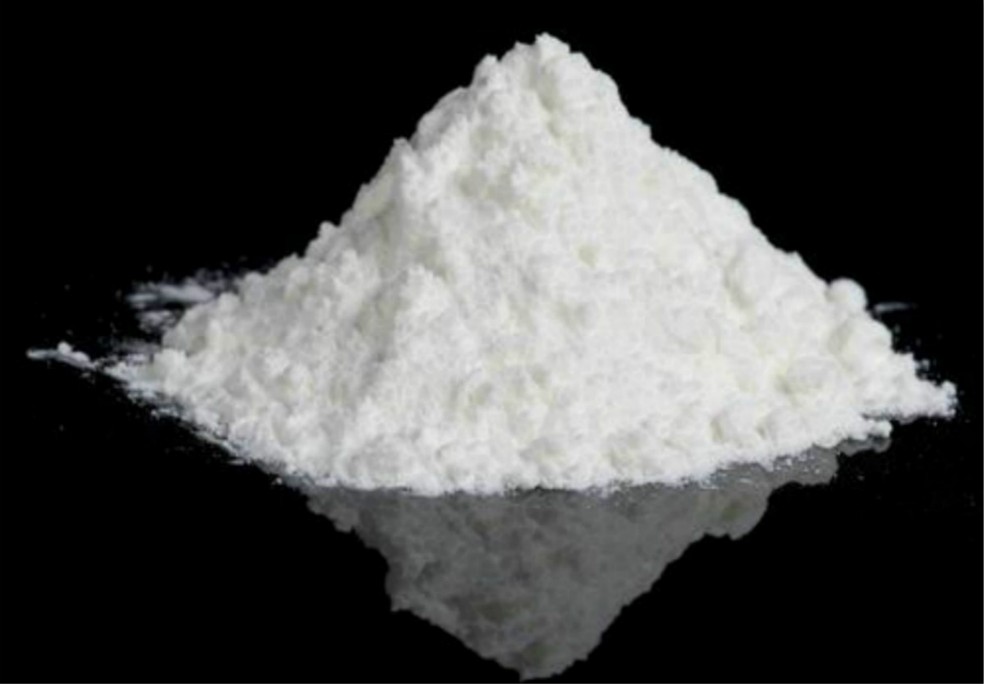GW 0742 is a selective PPARδ agonist (EC50 = 1.1 nM) that exhibits 1,000-fold selectivity over the other human PPAR subtypes. GW 0742 exhibits time-dependent neuroprotection in low KCl-induced apoptosis in cerebellar granule neuronal cultures. Despite the neuroprotective properties observed, prolonged (48h*) incubation with GW 0742 produced significant inherent toxicity. This cell death was determined to be apoptotic as identified with the TUNEL assay.
GW-0742 shows activity against hPPARα, hPPARγ and hPPARδ with EC50 of 1.1 μM, 2 μM and 1 nM, respectively, in cell based transactivation assay. GW-0742 (0.2 μM and 1 μM) significant increases in reporter activity of PPARβ/δ in N/TERT-1 keratinocytes. GW0742 (1 μM) results in significant inhibition in the average number of N/TERT-1 keratinocytes.
GW-0742 at 100 μM produces a pronounced increase in c-Jun expression at 6 hours in cerebellar granule neuron cultures. GW0742 at 100 μM increases PPARα-mediated transactivation dependent on the presence of 1.5% BSA in MCF-7 cells.
GW0742 is a synthetic high affinity PPAR β/δ agonist, and its possible role in preventing the advance of inflammatory and apoptotic processes induced by bleomycin, that long-term leads to the appearance of pulmonary fibrosis. Our data showed that GW0742-treatment (0.3 mg/Kg, 10 percent DMSO, i.p.) has therapeutic effects on pulmonary damage, decreasing many inflammatory and apoptotic parameters detected by measurement of: 1) cytokine production; 2) leukocyte accumulation, indirectly measured as decrease of myeloperoxidase (MPO) activity; 3) IkBα degradation and NF-kB nuclear translocation; 4) ERK phosphorylation; 5) stress oxidative by NO formation due to iNOS expression; 6) nitrotyrosine and PAR localization; 7) the degree of apoptosis, evaluated by Bax and Bcl-2 balance, FAS ligand expression and TUNEL staining. Taken together, our results clearly show that GW0742 reduces the lung injury and inflammation due to the intratracheal BLEO--instillation in mice.






















